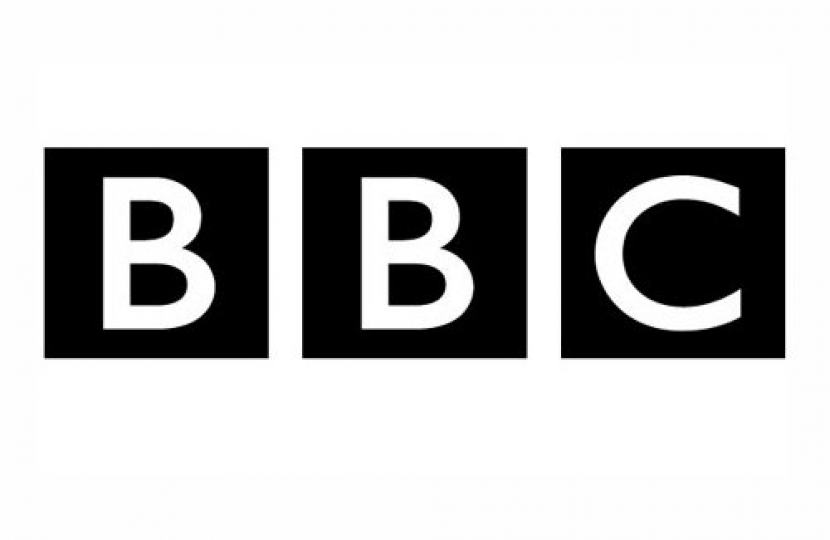
As you may be aware, the BBC is currently consulting publicly on what it should do when the UK Government funding of licence fees for over-75 households comes to an end. Any new scheme from June 2020 to provide concessions relating to TV licences for older age groups is for the BBC to consult on, decide and then pay for. The consultation will close on the 12th February 2019. The BBC Board hopes to make a decision by the summer.
There are many options put forward in the consultation, alongside the financial and service implications for the BBC of each of the options. These are:
- Copying the current scheme. That would mean around 4.64 million over 75 households would not have to pay, as at present, but we think it would fundamentally change the BBC because of the scale of service cuts we would need to make. The cost of this would be around £745 million in 2021/22 and would rise every year after, reaching an estimated £1 billion a year by 2029/30. Around £745 million is a fifth of the BBC’s budget - the equivalent to what we spend today on: BBC Two, BBC Three, BBC Four, the BBC News Channel, and the BBC’s children’s channels CBBC and CBeebies or more than the amount the BBC spends today on all its radio services or around the amount of money the BBC spends today on all its TV sport, drama, entertainment and comedy programmes
- Restoring the universal licence fee that existed in the past. This would mean the BBC would not have to make significant cuts to BBC services, but would remove the concession from every household over 75, including the poorest pensioner households.
- Discounting the cost of a licence fee for older people. This would reduce the impact of cuts to BBC services, but would mean everyone over 75 would pay something, for example 50%. The cost of the concession would be around £415 million in 2021/22. This would be the equivalent to a tenth of the BBC’s budget, or close to the cost of BBC Two; or around the cost of Radio 1, Radio 2, Radio 3, Radio 4, Radio 5 Live, Radio Scotland, Radio Wales, Radio Cymru and Radio Ulster
- Raising the age from 75 to 80, which would reduce the financial impact on the BBC but keep free licences for the oldest households: around 2.77 million households. The cost of the concession would be around £481 million in 2021/22. This would be the equivalent to a little over a tenth of the BBC’s budget, or close to the cost of BBC Two and BBC Four; or around the cost of Radio 1, Radio 2, Radio 3, Radio 4, Radio 5 Live, and all of our local radio in England
- Introducing means-testing by linking free licences to one of the UK Government’s measures of pensioner income, for example Pension Credit. This would mean around 900,000 households would receive a free licence, but others would pay the full amount. The cost of the concession would be around £209 million a year. This would be the equivalent to around 5% of the BBC’s budget, or roughly equivalent to the cost of BBC Four, CBBC and the BBC News Channel; or around the cost of Radio 1, Radio 2, Radio 3 and Radio 5 Live.
This decision is the responsibility of the BBC’s Board. The BBC recognise that there are likely to be strong views about all options. The concession was introduced to help relieve pensioner poverty, which is still an issue for some older people. They also recognise the significance of BBC programmes and services as an important source of enjoyment and companionship for the elderly.
You can contribute to the consultation here - bbc.co.uk/yoursay.
